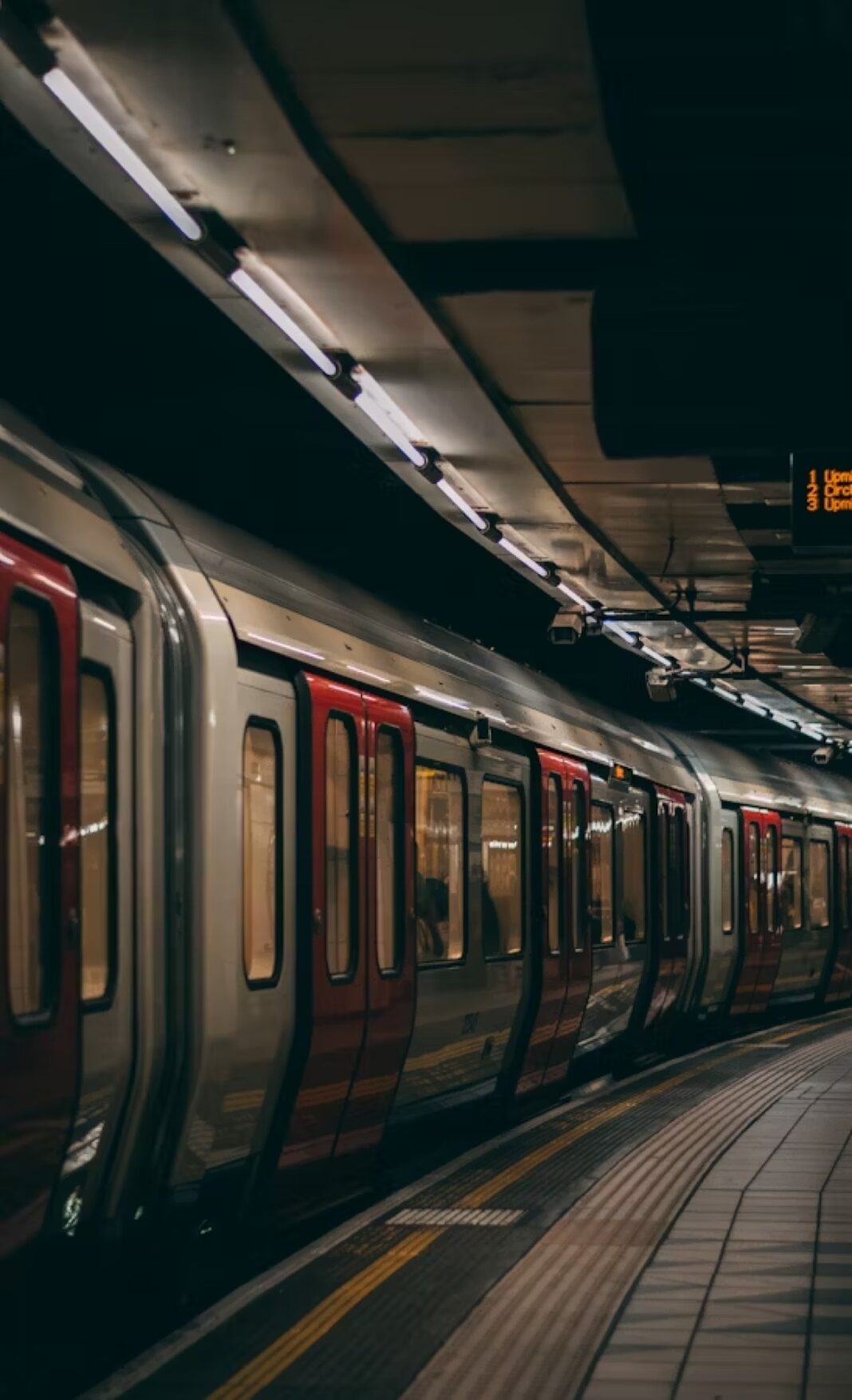The Mumbai Metro Rail Corporation Ltd. (MMRCL) is poised to launch Phase 1 operations of the Metro 3 aqua line on July 1, marking a significant milestone in the city’s public transportation development. This initial phase will connect Aarey to the Bandra-Kurla Complex (BKC), providing a crucial link for commuters in one of Mumbai’s bustling commercial districts.
Construction at the Aarey Depot, which is currently 99.5% complete, represents a major step forward in the project. This depot, spanning 30 hectares with 25 hectares dedicated to the station and depot and 5 hectares reserved for future developments, is a critical hub for the Metro 3 line. It features extensive facilities for maintenance, operations, administration, and training, and includes an Operations and Control Centre designed to manage emergency situations and coordinate with emergency services. This depot is built to accommodate 30 trains, each with eight cars, and has been completed at a cost of Rs 328 crore.
Despite the impressive progress, the project has not been without its challenges. One of the most significant obstacles was a halt in construction due to a legal dispute, which delayed work at the Aarey Depot by three years. However, through meticulous planning and efficient project management, these challenges were overcome without compromising the project’s timeline or quality. The primary operations and control room at the Aarey Depot may not be fully operational by the launch date, but a backup control room at the BKC has been established to ensure smooth commencement of train operations.
At any given time, up to 20 trains will be in service, with some positioned at terminal stations like Cuffe Parade and BKC, ready to handle the morning rush hour. With 19 trains currently available, the MMRCL is equipped to run over 260 services daily, significantly enhancing the city’s transit capacity and providing a reliable alternative to road transport.
Sustainability has been a guiding principle throughout the project. The design and construction phases incorporated green building practices, including the use of energy-efficient glass for enhanced natural lighting and reduced energy use, and advanced HVAC systems to ensure optimal indoor air quality while cutting operational expenses and carbon emissions. Solar panels have been installed to diminish reliance on non-renewable energy sources, further underlining the project’s commitment to environmental sustainability.
The launch of Phase 1 of Metro 3 is expected to have a profound impact on Mumbai’s transportation network. By providing a reliable and efficient mode of transit, it will ease congestion, reduce travel times, and lower pollution levels. The new metro line is anticipated to improve connectivity between key areas of the city, enhancing the overall commuting experience for residents and contributing to the city’s economic growth.





